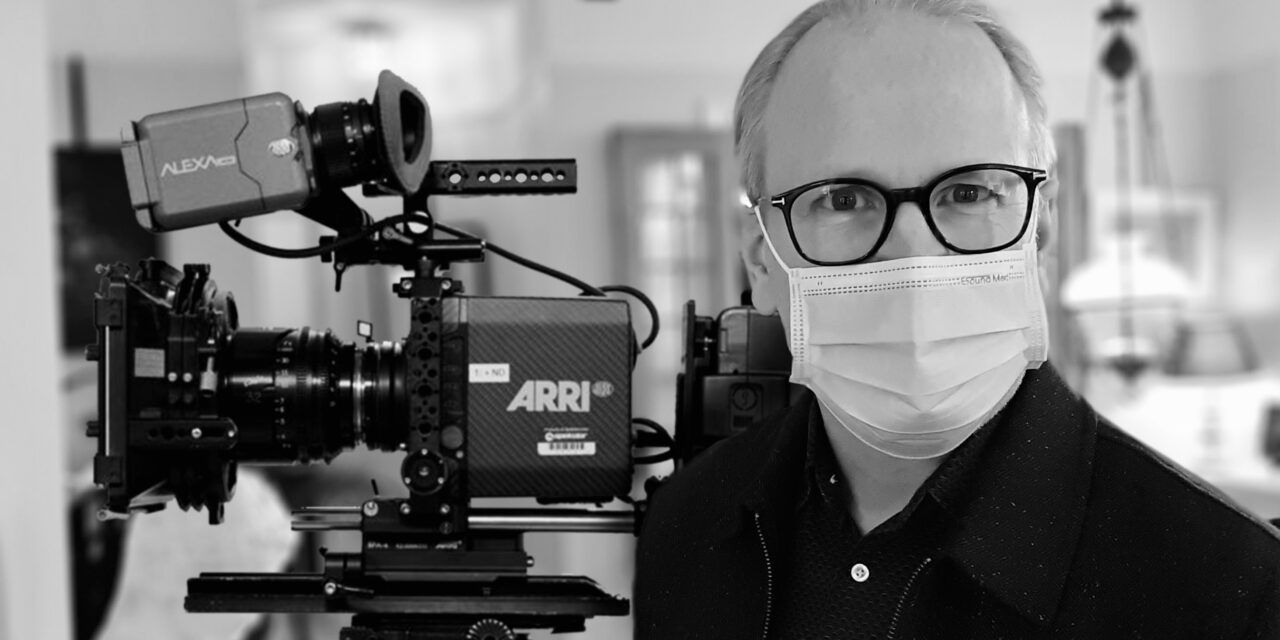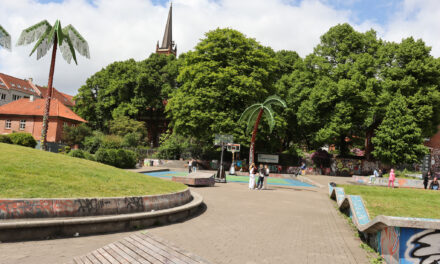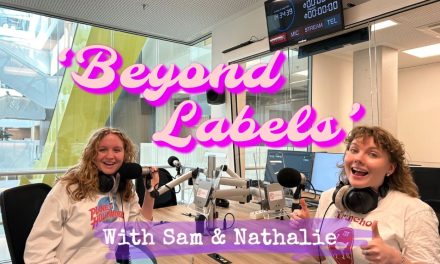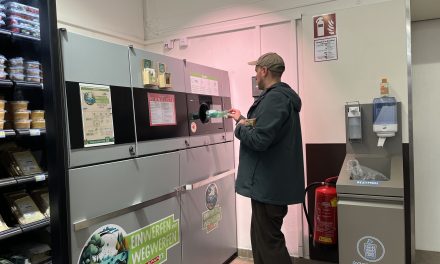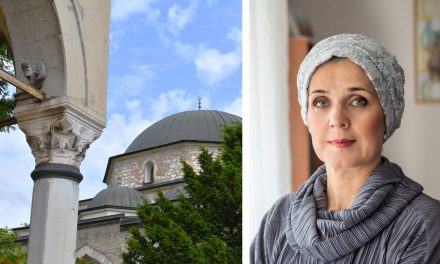Sweden has stood out for its methods of dealing with the coronavirus. Before the most recent Corona laws were enforced, companies and organisations could independently decide what corona guidelines they followed. This meant that the Swedish government could not interfere with companies that did not follow the national recommendations. The same applied to the film industry, with Erland Beskow being one of many directors who had to dictate how best to manage corona alongside filming and producing the movie “Sune firar midsommar” meaning “Sune celebrates midsummer”. In the summer of 2020, he was faced with the decision of whether or not to direct a movie during the pandemic, stating that they “realised that it would be more expensive to ditch the production than to try and make it. So we had to keep moving forward.”
In the early process of, Beskow found out that other international production companies, such as Netflix, “had a corona coordinator, and it was just that way. So then we thought, we’ll do the same.” Therefore, despite usually taking on different production roles, an external employee was hired to oversee and coordinate the corona situation surrounding his film. The coordinator kept a list with names of people that could fill each role in case the original team member showed any symptoms. She also notified the team daily before recording started:
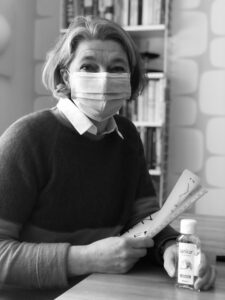
The corona coordinator
“Every morning before we could start we had ‘corona information’ which included reminders to ‘think about the distance’ and where the toilets are because it was marked up who should go to which toilet since we’r
e not allowed to mix that.”
Coffee and lunch breaks were also thoroughly planned. Food packages were distributed with plastic gloves and signs saying ‘Ingen sprit, ingen fika’ meaning ‘no hand sanitiser, no food’ was put up to make sure everyone was following the recommendations. However, this often proved difficult during filming, with Beskow claiming that there were “38 people in the team and sometimes we were inside of the small cottage that the family lived in, which
was tiny.” They also had to “carry a facemask and a lot of hand sanitiser and then try to be as few people as possible inside. There were lots of tents outside and we had to try to keep people away from each other.”
Besides the restrictions on set, Beskow had to find a creative solution for two specific night scenes, which were supposed to be filmed in New York.
“We realised early that New York wasn’t on the cards. So we had to find New York in Sweden’s own Gothenburg”.
The night sky of New York was then animated into the video to make the small street in Gothenburg look more like the Big Apple. Given all of the adaptations that Beskow had to make and their associated costs, it may have proven convenient to not move the set and film in New York. When asked if he thinks that they exceeded the budget Beskow responded:
“I don’t think we did. There was one extra employee, the corona coordinator. Then there was some extra fix with the food and stuff. I’m not sure, but I think we managed to stick to the budget and save money in other ways.”
Unfortunately, the premiere of the movie had to be postponed. The original plan was for the movie to premiere on Christmas Day, but this changed as early as October, Beskow explained:
“They changed the plan and went for the premiere on 4 December instead which was 20 days earlier than planned, so we had to speed up the process a lot to have time with the post-production. Everyone was just like ‘GOGOGO’.”
Despite its challenges, Beskow and his team completed post-production for December 4th. However, close to the new premiere date, the corona infection numbers were on the rise again meaning it would be moved to the following summer. Aside from the general inconvenience of this situation, there were also numerous details that had to be adapted.
“Two times in the movie the main character is saying that the year is 2020, but we had to remake that so that he says 2021. If you look very closely you can see that the lip-sync isn’t exactly correct.”
After a long journey, Beskow managed to create a movie against many odds. Reflecting on the entire experience, he was happy with the outcome given the challenging circumstances and unique adaptations that had to be made. Most significantly though, Beskow felt they were “lucky with the weather, which made it easier to produce a movie in an otherwise rainy Sweden.”. A prime example of this directors’ truly positive mindset. One can only wait in anticipation for a long awaited premiere of “Sune firar midsommar”.
